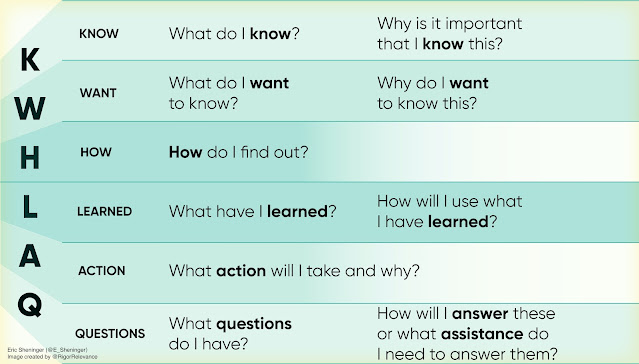
“We do not discover from knowledge. We understand from reflecting on knowledge.” – John Dewey
The estimate earlier mentioned from Dewey has usually resonated with me, especially when I am outside doing yardwork in Texas. In the past, I employed to normally get stung by bees and wasps. There is a difference concerning the two species and how they sting. Some of them truly chunk. When each individual come upon resulted in a distressing experience, they also provided a precious prospect for me to replicate on why I was prone to stings and how to stay away from them. I constantly realized to put on very long-sleeved shirts and observe my surroundings to location their nests. I also habitually tracked them when they were seen traveling all-around the exact same areas, which allowed me to discover their nests and just take them out. The bottom line is that I have not been stung in a very long time.
It goes without having stating that knowledge performs a pivotal function in learning for students and adults. In Disruptive Imagining in Our Classrooms, I shared the will need to give far more chances for this in classes as perfectly as precise techniques that can be utilized. When reflection is added, it helps to boost the connection amongst what has been seasoned and the results that have been derived. The case can be built that it makes it possible for learners to go deeper into ideas whilst getting far more knowledgeable.
Reflection is not a easy process of introspection. As a substitute, it is an evidence-centered, integrative, analytical, capacity-setting up strategy that serves to make, deepen, critique, and document discovering. Establishing reflective expertise is central to students’ educational and expert enhancement within just a self-control. The capacity to replicate on one’s observe when confronted by a novel, strange, or complex circumstance distinguishes qualified practitioners from novices (Schön, 1983).
Schedule reflection can:
- Foster cognitive versatility
- Help in the development and knowledge of new understanding
- Set up backlinks amongst tutorial, emotional, and social encounters
- Establish critical competencies for results in a disruptive world
The results outlined over are supported by exploration:
Research has uncovered that learning from direct expertise can be much more successful if coupled with reflection—that is, the intentional endeavor to synthesize, summary, and articulate the key lessons taught by practical experience. On top of that, the result of reflection on finding out is mediated by a larger perceived means to attain a goal resulting in self-efficacy.
Intentionality is critical. The very good news is that educators do not have to reinvent the wheel. When it arrives to reflection in the classroom, the crucial is to make the time for it by means of alignment with routine pedagogy. The natural way, there is a inclination to involve this at the close in the type of closure making use of the adhering to prompts that can be answered applying textual content, online video, or audio:
- What did you find out of value today?
- How may you apply what you realized outdoors of the classroom?
- Why was this discovering vital to you and your peers?
Having said that, educators can combine opportunities to reflect in the course of a lesson. I shared the subsequent KWHLAQ chart in Disruptive Considering, which educators can adapt as wanted.
Reflection as a section of mastering is one thing that have to be cultivated in the classroom and further than. We can not think that learners are familiar with this course of action. So, they can reward from advice to support them derive meaning from encounter. Without the need of this support, reflections may perhaps be constrained to descriptive accounts of an working experience or “venting of feelings” (Ash & Clayton, 2009). Experience, when reflected upon, is the most effective instructor.
Ash, S. L., & Clayton, P. H. (2009). Producing, deepening, and documenting learning: The electricity of important reflection in applied discovering. Journal of Used Learning in Better Education and learning, 1(1), 25-48.
Schön, D. (1983). The Reflective Practitioner: How Pros Believe in Motion. London: Temple Smith.







